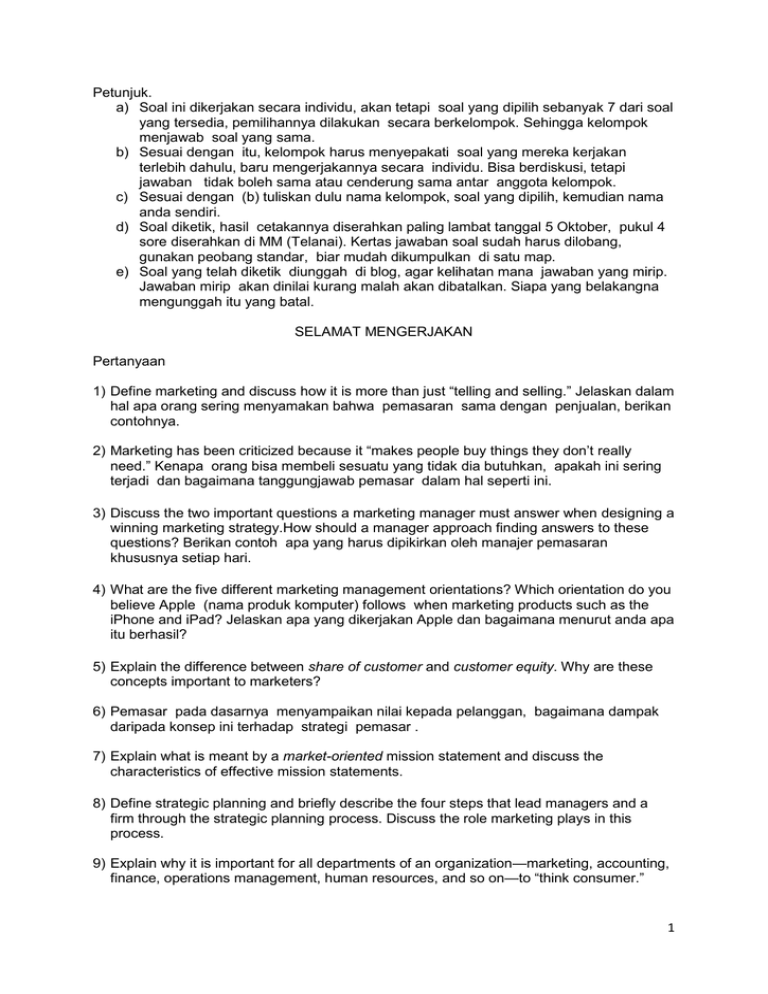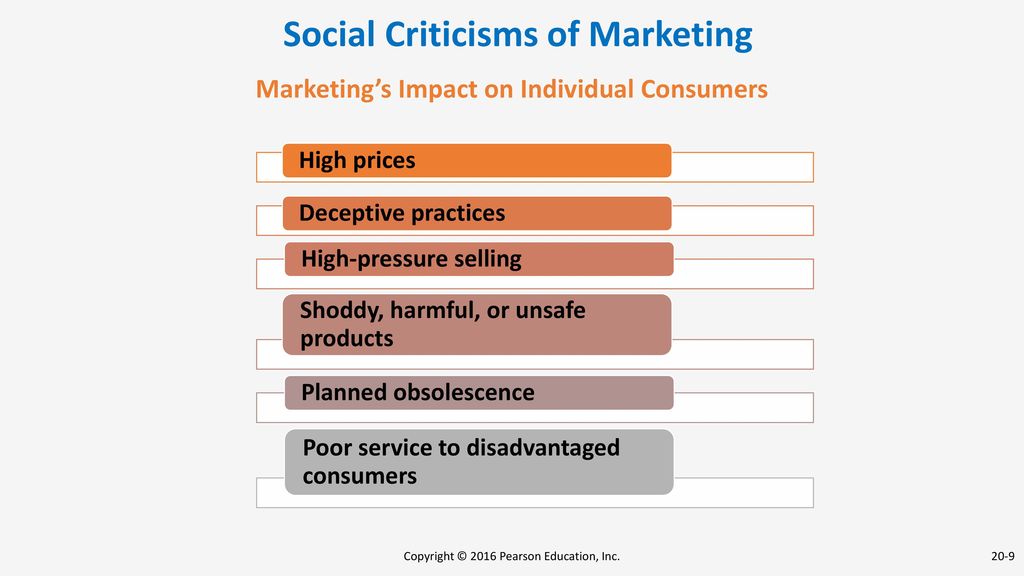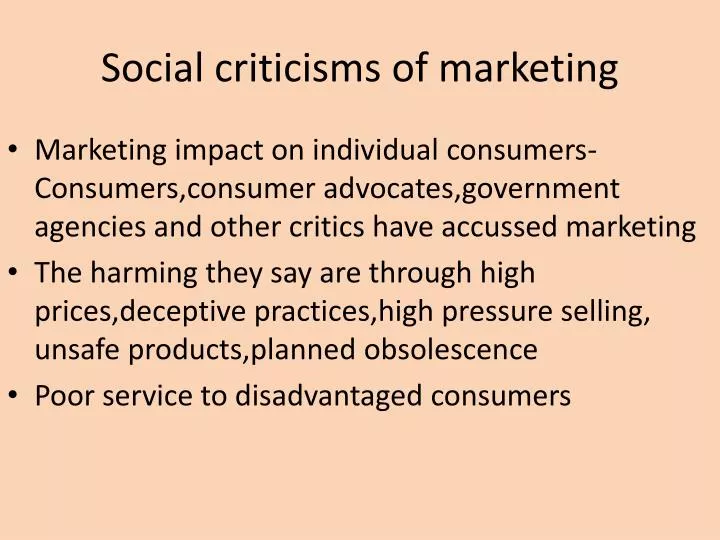Marketing has been criticized for many reasons over the years, and it is important to consider these criticisms in order to understand the potential negative impacts of marketing on society.
One common criticism of marketing is that it promotes materialism and consumerism. Marketing campaigns often focus on promoting the latest products or brands, encouraging people to buy more and more. This can lead to a culture of excess consumption, where people are encouraged to prioritize material possessions over other values such as community, relationships, or personal growth. This can have negative consequences for the environment, as excessive consumption often leads to waste and resource depletion.
Another criticism of marketing is that it can be manipulative. Many marketing campaigns use persuasive techniques such as emotional appeals, celebrity endorsements, or false or misleading claims in order to influence consumer behavior. This can be especially harmful when targeted at vulnerable populations, such as children or seniors, who may be more susceptible to marketing messages.
Marketing can also be criticized for promoting unhealthy or harmful products. For example, tobacco and alcohol companies have long been accused of using marketing tactics to glamorize and normalize the use of these substances, despite their well-known negative health effects. Marketing can also contribute to unhealthy body image standards, particularly in the fashion and beauty industries, where unrealistic and airbrushed images are often used to sell products.
Finally, marketing can be criticized for contributing to social and economic inequality. Marketing campaigns often rely on stereotypes and biased messaging, which can reinforce and perpetuate harmful societal norms and prejudices. Marketing can also contribute to the widening gap between the wealthy and the poor, as companies often target higher income consumers and ignore or exploit lower income markets.
Overall, while marketing can certainly have some positive impacts, such as promoting new products and services and supporting economic growth, it is important to recognize and address its potential negative impacts on society. It is important for marketers to consider the ethical implications of their campaigns and to be transparent and honest in their messaging. It is also important for consumers to be aware of the potential biases and manipulations in marketing and to make informed decisions about their purchases.






